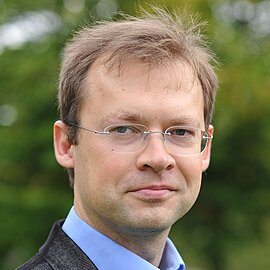Third sector organizations
Third sector organizations in rural development: a theoretical and empirical analysis
Research domain:
Livelihoods in rural areas
Project duration:
31.07.2010
- 30.07.2015
Investigated countries:
Czech Republic,
Ukraine
In many parts of the world, rural development is supported by third sector organizations such as nongovernmental organizations, farmer associations, self-help groups, rural partnerships, and cooperatives. The research project deepens the understanding of these organizations by developing a new economic theory of the third sector, the "rurality" theory. In line with the traditional third sector theories, the rurality theory assumes that the existence of the third sector is caused by the limitations of for-profit firms’ ability to satisfy human needs. The original contribution of the rurality theory is in the argument that some of the above limitations of for-profit firms located in rural areas are related to characteristics of rurality, such as low population density, geographical dispersion, and poor infrastructure. The rurality theory’s main hypothesis is that the rurality-specific transaction cost gives rise to the emergence of rural third sector organizations. Empirical testing will be based on econometric methods and case studies.
Project partners
Support
Qualification Works
The following theses are part of the project:
- Participatory Governance in Rural Development: Evidence from Ukraine (Carried out by: Vasyl Kvartiuk)
Project Staff
Dr. Vasyl Kvartiuk
go to profile
Prof. Dr. Vladislav Valentinov (Project leader)
go to profile
